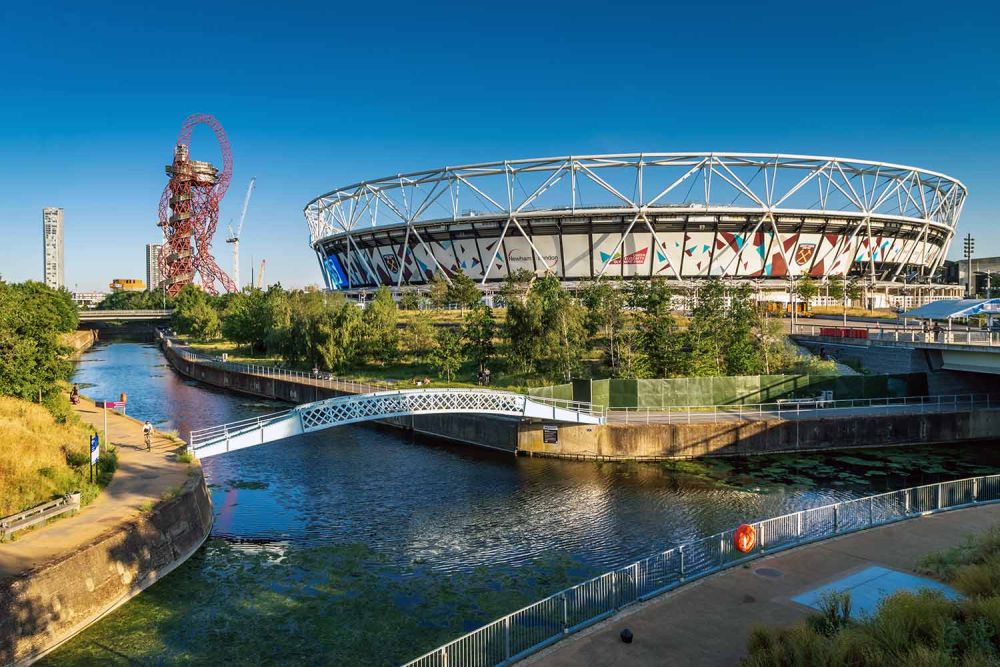

Nestled along the Black Sea in the city of Sochi, the Olympic Park stands as a testament to the grandeur of the 2014 Winter Olympics. Designed as a central hub for the games, the park features state-of-the-art venues, icons of architectural splendor, and a plaza that unified countries from around the globe during the event. It has since transformed into a must-visit destination for those seeking to experience the legacy of the Olympics infused with Russian cultural charm.
The inception of Olympic Park bolstered Sochi's reputation as a tourist destination, catalyzing its evolution from a summer seaside resort to a year-round attraction. Post the 2014 Winter Olympics, the facilities within the park have been repurposed to serve various recreational and sporting functions, drawing both domestic and international tourists.
Tourism prior to the Olympics in Sochi was primarily centered around its status as a summer beach resort, with visitors flocking to enjoy the temperate climate, hot summers, and mild winters. Winter sports were less of a draw before the Olympics, with nearby ski resorts catering to a smaller subset of winter enthusiasts.
With the announcement of Sochi as the host city for the 2014 Winter Olympics, the Russian government and private investors poured resources into developing the necessary infrastructure, not only for the Games but also to enhance the city's long-term tourism prospects.
After the 2014 Games, the Olympic Park transitioned into a vibrant center for entertainment and tourism. The Fisht Stadium, originally the Olympic venue for the opening and closing ceremonies, was restructured to host FIFA World Cup matches in 2018, drawing soccer fans from across the globe.
The park's other facilities, including the Bolshoy Ice Dome and the Adler Arena Skating Center, have also been retrofitted; these now hold concerts, hockey games, and a range of other events throughout the year. The Sochi Autodrom, which snakes through the Olympic Park, hosts the Russian Grand Prix, further solidifying the park's reputation as a sports and entertainment hub.
The addition of theme parks, such as Sochi Park, has made the Olympic Park area a family-friendly destination. Today's tourism trend continues to capitalize on the Olympic legacy, with the venues used for guided tours and the Olympic flame cauldron standing as one of the main attractions.
Emerging trends in tourism at Olympic Park include the increased use of virtual reality experiences, allowing visitors to simulate participating in Olympic sports, and a focus on developing green spaces and public parks, aligning with global sustainable tourism initiatives.
Looking forward, the Olympic Park is poised to maintain its status as a significant tourist destination within Russia. Sochi continues to invest in tourism infrastructure, including improving transportation links and developing accommodation options ranging from luxury hotels to budget-friendly lodgings.
Plans to expand the events calendar with international festivals, sports events, and conferences are expected to draw a greater number of visitors each year, ensuring that the legacy of the 2014 Winter Olympics endures within the thriving tourism scene of Sochi's Olympic Park.